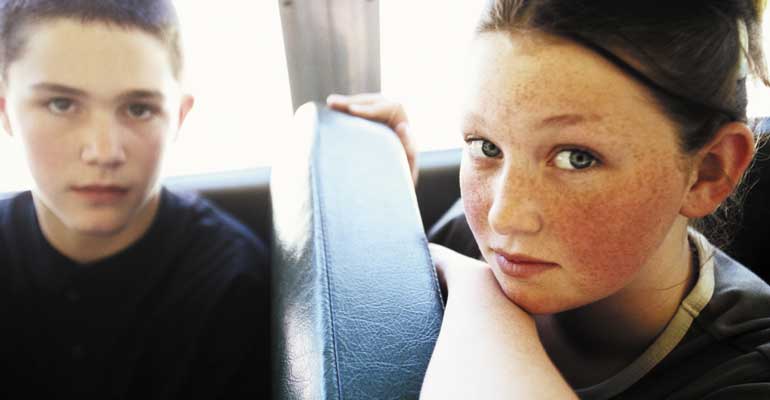In the preteen years, children begin to view their adoption as being rooted in loss. As they mature, children must unravel the paradox of adoption — of being born to one set of parents and being raised by another.
At Spence-Chapin, a New York-based adoption agency, we give children the opportunity to explore adoption in our “Kids’ Groups.” As one girl stated, “This is the only place I can talk about how I really feel.”
What is clear after completing 33 of these groups is that the vast majority of kids, including those who seem disinterested, are working out the meanings of their adoption stories. For preteens, “figuring it all out” entails asking questions about the circumstances surrounding their relinquishment and the status of their birth parents.
Common Questions Preteens would like to ask their birth parents:
Did you give me a name? Do I have brothers or sisters? Do you love your other kids more than me? Do you ever think about me?
Not only do these children ask questions about their beginnings, they often want to know about their birth parents as people. In a discussion about the frustration resulting from a lack of information, a child said, “Sometimes I hate my birth mother because she never told anyone why she didn’t want me.” Others are angry because their birth parents didn’t leave a picture of themselves. Another child voiced a common concern: “Why did she have me if she couldn’t take care of me?”
But preteens are also capable of understanding their birth parents’ motivation in making an adoption plan. One girl explained that her birth mother had a difficult childhood. “She knew she wanted to have a baby, but when she was 17, she had me and realized that I deserved a better home.” Some children are comfortable with these explanations — at least for now — while others struggle to make sense of their stories.
Children know their adoptive parents are the most likely source of information. However, they often feel protective and may not ask questions. One child commented that adopted kids don’t talk with parents about birth parents because “we don’t want our parents to feel bad.” As one 10-year-old girl explained, “I think my parents are afraid to give me more information, because they don’t want me to go back to my birth mother.”
An 11-year-old boy said he thought his adoptive parents were “jealous of his birth parents.” Even without evidence, adopted kids often feel that their birth and adoptive parents are in an adversarial relationship. Children are aware of their adoptive parents’ desire to protect them from difficult material. But in most cases, it is the difficult information that offers the understanding of why a child was adopted.
Today, many adoption agencies offer discussion groups for kids. We recommend these groups as a safe place for children to explore their questions and concerns about being adopted.


